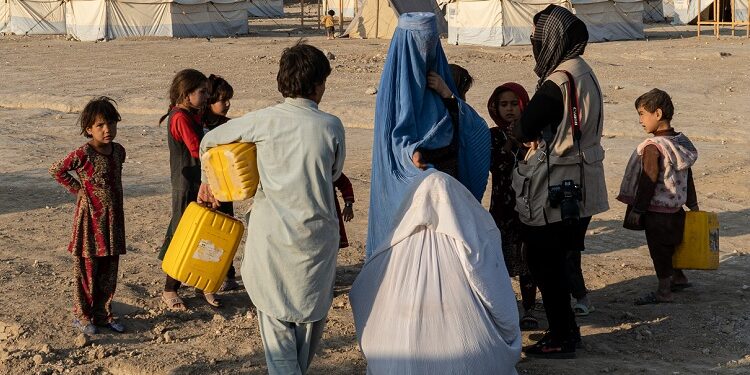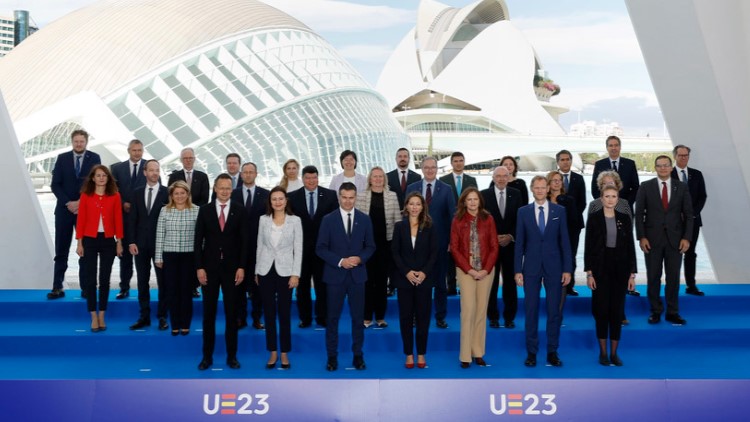Eduardo González
The Spanish Commission for Refugee Aid (CEAR) has denounced seven relatives of an Afghan refugee citizen in Spain have been returned to Afghanistan from Pakistan even though they had requested family reunification from the Spanish authorities.
The family of A.K., a refugee in Spain for six years, were returned to Afghanistan from Pakistan on October 9, despite the serious threats and human rights violations that persist in this country. Specifically, it is his wife, son and daughter, mother, father and two sisters, who had been trapped in Pakistan for almost two years awaiting a response from the Spanish authorities “that did not arrive in time to avoid the fatal outcome that seriously endangers their lives,” as CEAR denounced in a press release.
As the organization reported last Tuesday, a year and a half after formalizing the request, and despite having documentary proof of the family relationship with A.K., the Spanish consulate asked them for DNA tests, which were positive last June. However, almost four months later, they were still waiting for an answer on which their lives depended.
During the almost two years that the process has been delayed, the family has had to extend their visa in Pakistan on several occasions until September 2023. In addition, the Pakistani authorities set a deadline of November 30 for unauthorized migrants to leave the country. As a result, more than 1,700 Afghans were deported to their country on October 9, where their lives and rights are not guaranteed. Among them is the family of A.K., who despite meeting all the requirements for subsidiary protection status in Spain, have seen this right and the principle of non-refoulement violated by delays in processing.
For CEAR, “this case demonstrates once again the urgent need to streamline the family reunification process by ensuring that all applications are registered quickly and processed without undue delay”. To guarantee this legal and safe route, and the right to live as a family, the organization urges “improving communication between the Ministries involved, expanding the number of family members eligible for reunification, making the application requirements more flexible, issuing visas and facilitating safe-conducts for undocumented persons”.







